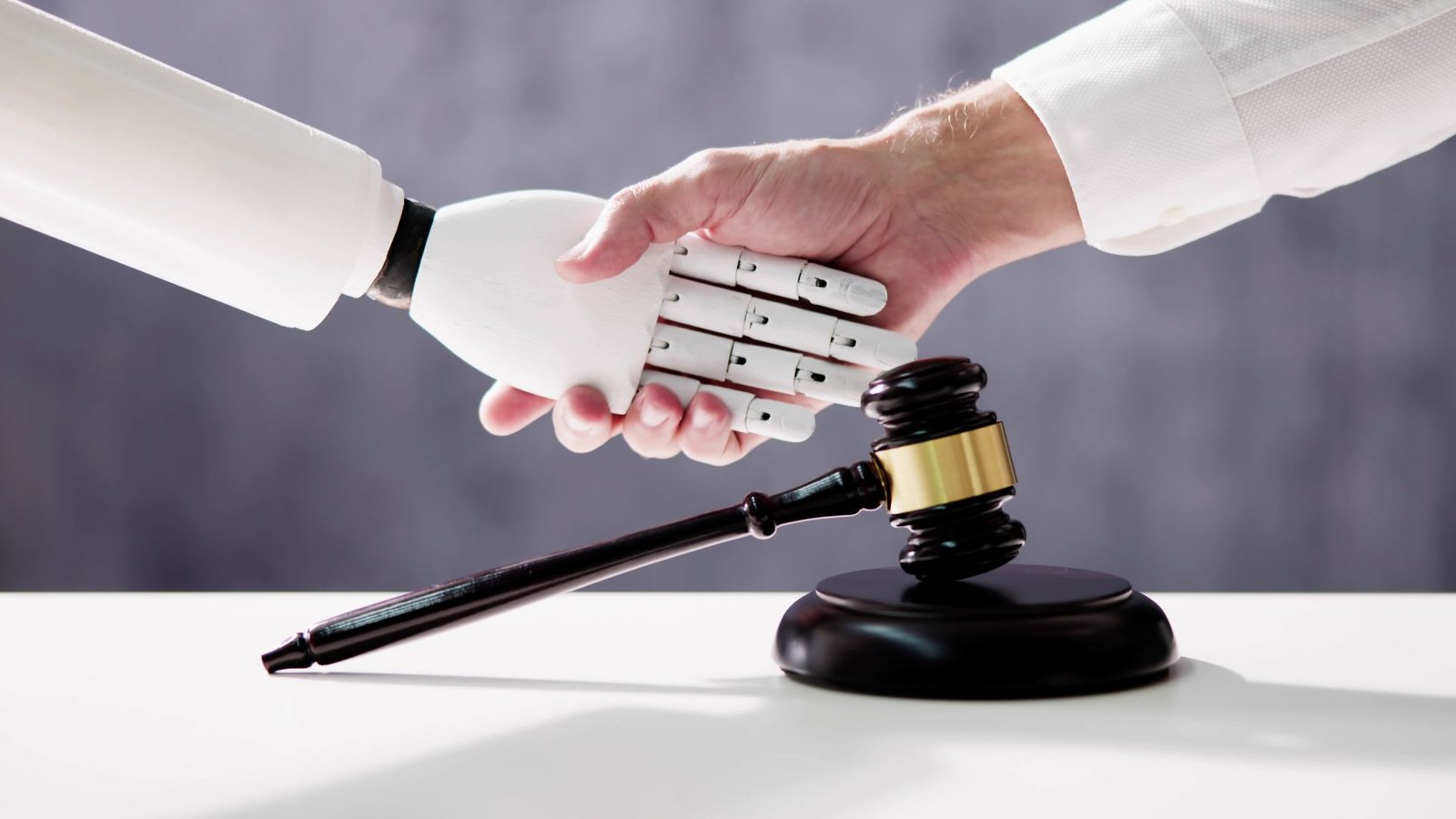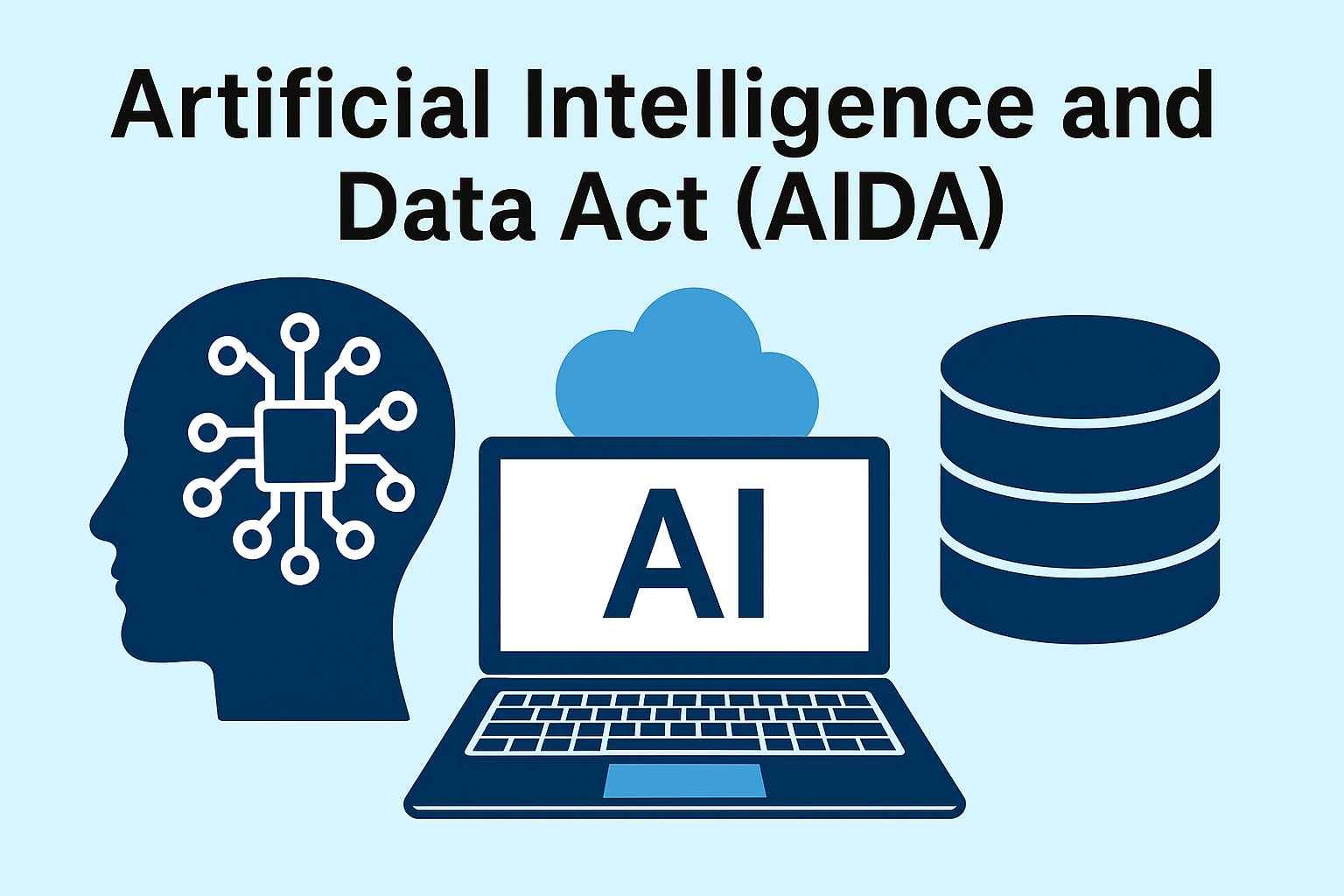On this page you will read detailed information about Will Artificial Intelligence Replace Lawyers?
As technology advances and artificial intelligence systems become more sophisticated, you may wonder about the implications for the legal profession. Specifically, could AI one day replace lawyers? In this article, we will analyze the key capabilities of AI and lawyers to evaluate the likelihood that AI systems may take over certain legal roles in the future. While AI currently has distinct limitations in critical thinking and human interactions, advances in natural language capabilities could enable AI to compete with lawyers in particular areas of law. We will examine research on AI in law and provide an evidence-based analysis of the potential for AI to replace, augment, or coexist alongside human lawyers. After reviewing the arguments on multiple sides of this issue, you will have the information to draw your own conclusions about the future of AI and lawyers.
Understanding the Role of Lawyers and How They Use AI Today
As an attorney, your role is to provide legal advice and representation to clients. However, many of the tasks involved in a lawyer’s day-to-day work can be automated using artificial intelligence (AI) and machine learning. AI is already transforming the legal profession in profound ways.
Several routine legal tasks are well suited to automation. For example, AI can review and highlight relevant case law and legislation, draft contracts and legal documents based on templates, and automate billing and timekeeping. AI also has the potential to analyze huge volumes of data to detect patterns and insights that would be impossible for humans to identify manually.
Many law firms and corporate legal departments are already using AI to streamline operations and reduce costs. AI-based tools can handle high-volume, repetitive tasks, freeing up lawyers to focus on more complex, strategic work. For example, AI can triage legal questions to determine which matters require human review. It can also suggest possible strategies or legal arguments based on its analysis of case law and past successes.
However, AI cannot replace the human judgment, emotional intelligence, and strategic thinking that experienced attorneys provide. AI systems today are narrow in scope and are unable to replicate the general, adaptable intelligence that humans possess. They cannot match the creativity, persuasiveness, and innate sense of ethics that the best lawyers demonstrate.
In the long run, the most significant impact of AI on the legal profession may be in enhancing and augmenting human capabilities, not replacing them. By combining AI and human skills, law firms and legal departments can achieve far better outcomes than either humans or machines could produce alone. The key is using AI to assist and empower lawyers so they can focus on the most meaningful and impactful aspects of their work. Overall, AI is more likely to transform the role of lawyers rather than make them obsolete.
AI’s Current Capabilities and Limitations in the Legal Field
Artificial intelligence has made some progress in the legal field, but still faces significant limitations. AI tools can review and analyze huge amounts of data, recognize patterns, and handle routine legal tasks efficiently and accurately. However, AI cannot yet match human lawyers’ ability to apply judgment, communicate with empathy, and address complex, nuanced legal issues.
Capabilities
AI programs have demonstrated the ability to review and analyze massive amounts of data, such as legal briefs, case law, and contracts, much faster than humans. AI can detect patterns and insights that would take people far longer to identify. AI also handles routine legal tasks like e-discovery, contract review, and due diligence efficiently and accurately. Some companies offer AI chatbots and automated online legal services for basic needs.
- Review and analyze huge amounts of data
- Recognize patterns and insights
- Handle routine legal tasks efficiently
Limitations
While AI excels at analyzing data and completing routine tasks, human lawyers far surpass AI in applying judgment, critical thinking, and addressing complex legal issues. AI cannot match human lawyers’ ability to communicate with empathy, understand nuance, and make persuasive legal arguments – skills which require emotional and social intelligence. Most legal work still requires human oversight, judgment and domain expertise that AI does not currently possess.
- Cannot apply complex judgment or think critically
- Lacks empathy, nuance, and persuasion
- Requires human oversight and domain expertise
In summary, AI will likely transform the legal field by automating routine tasks, but human lawyers’ specialized skills and judgment will remain indispensable. AI can make human lawyers more effective and efficient, but not replace them. With AI handling routine jobs, lawyers can focus on more complex work, serving clients with greater value. Overall, AI and human lawyers will likely work together, combining computing power with human expertise, to improve the legal system.
In the previous post, we had shared information about What Is a Suspicious Activity Report (SAR)?, so read that post also.
Key Areas Where AI Is Making an Impact on the Legal Profession
Artificial intelligence has the potential to significantly impact the legal profession in the coming years. Two of the key areas where AI is already making inroads are legal research and contract review.
Legal Research
AI systems can analyze millions of legal documents and case files to uncover patterns and connections that would be nearly impossible for humans to identify manually. This allows attorneys to get answers to complex legal questions more quickly and thoroughly. AI is able to identify relevant statutes, precedents, and case law to support arguments and gain insights that might otherwise be missed. While AI cannot replace human judgment, it can enhance a lawyer’s research and analysis capabilities.
Contract Review and Due Diligence
Reviewing and analyzing contracts and agreements is a time-consuming but necessary part of many legal matters. AI tools can scan documents to identify key terms, clauses, and provisions that require review by an attorney. They can detect anomalies, missing information, or areas of potential risk. AI allows attorneys to focus their time and effort on the highest-priority items, enabling more efficient due diligence and contract negotiation. That said, human legal expertise is still essential for interpreting nuances, advising clients, and ensuring key legal interests are protected.
In the coming years, AI may also start to make headway in other areas like litigation support, compliance, billing, and legal writing. However, AI cannot match a human lawyer’s judgment, empathy, and ability to provide strategic counsel. While AI will likely transform certain routine and repetitive tasks, it does not threaten the role of attorneys. In fact, AI may ultimately enhance lawyers’ capabilities and allow them to provide even better service to their clients. With AI as a partner, attorneys can achieve more than what either humans or machines could do alone.
Will AI Ever Fully Replace Human Lawyers?
While AI has the potential to vastly improve and optimize many areas of the legal profession, human lawyers and their knowledge, skills, and judgment will still be vital for the foreseeable future. AI cannot replicate the human touch and emotional intelligence that many legal matters require.
AI Cannot Yet Match Human Creativity and Strategic Thinking
Though AI can analyze thousands of past cases and legal documents to identify patterns and insights, human lawyers have an unmatched ability for creative, strategic thinking. They can develop novel legal arguments and strategies, anticipate counterarguments, and pivot in response to new evidence or testimonies. AI lacks the general, common-sense reasoning required for truly open-domain strategic thinking.
Client Relationships Require a Human Touch
Building rapport and trust with clients requires emotional intelligence, empathy, and compassion— uniquely human qualities. While AI may handle some routine legal tasks, human lawyers are still needed to conduct client interviews, understand their situations fully, and counsel them through difficult decisions. For many clients, the human touch and hand-holding provide enormous value.
Subjective, Highly Complex Areas of Law Require Human Judgment
Areas of law involving subjective determinations of intent, ethics, and morality still require human reasoning and judgment. Judges and juries also continue to demand explanations and justifications that only human lawyers can provide. In these complex, ambiguous domains, AI cannot match human nuance, life experiences, and value systems needed to make sensitive judgment calls.
In conclusion, while AI will significantly transform the legal profession and handle more routine, repetitive tasks, human lawyers remain essential. Their knowledge, skills, creativity, emotional intelligence, and judgment are still indispensable for serving clients, developing legal strategies, and practicing in highly complex domains. Rather than replacing human lawyers, AI will augment and enhance their capabilities, allowing them to focus on higher-level, more meaningful work. With human and AI working together, the legal profession is poised to reach new heights.
The Future of Lawyers and AI – Colleagues, Not Competitors
Lawyers and artificial intelligence will likely work together in the coming decades, not against each other. AI cannot replace lawyers entirely. Human attorneys provide invaluable skills that machines cannot replicate, such as empathy, judgment, and the ability to navigate nuanced social situations. However, AI will take over some routine legal tasks currently performed by humans. This collaboration between man and machine will benefit both lawyers and clients.
AI Cannot Replace Human Lawyers
AI systems today have narrow capabilities and are unable to replicate the general, multifaceted knowledge that experienced lawyers possess. They lack the emotional intelligence, judgment, and social skills required for complex litigation, counseling clients, and persuading juries. AI cannot intuit how laws should apply to new situations or make morally complex decisions in ambiguous circumstances. Machines cannot build trust or demonstrate compassion like human lawyers.
For the foreseeable future, AI will only assist human lawyers, not replace them. Attorneys will work with AI as colleagues, using machine learning and natural language processing to handle routine, repetitive tasks like document review, due diligence, and legal research. This allows lawyers to focus on higher-level work that requires emotional intelligence and life experiences that AI does not have. By collaborating, lawyers and AI can improve efficiency, reduce costs, and provide better service to clients.
A Symbiotic Relationship
The relationship between lawyers and AI will be symbiotic, not competitive. AI makes human lawyers more effective by taking over routine tasks, freeing up time for complex work. At the same time, human oversight and judgment are necessary to direct AI systems and ensure their work is accurate, fair, and aligned with professional ethics.
For clients, the partnership of human lawyers and AI means lower legal fees as well as improved access to legal services. Routine tasks cost less when handled by AI, and lawyers can take on more clients when freed from mundane responsibilities. Overall, the coming decades will see lawyers and AI working side by side to lower costs, enhance services, and better serve the cause of justice. Their collaboration, not competition, will define the future of law.
Conclusion
In closing, while AI technology is advancing rapidly and will likely automate some routine legal work, AI currently remains incapable of the judgment, wisdom and interpersonal skills required of attorneys. Rather than viewing AI as a threat, embrace how these tools might augment human capabilities. Approach innovations with cautious optimism, an openness to change and a commitment to ensure technology promotes justice. Though the future remains uncertain, you have an opportunity to help guide progress in a direction that benefits society. Moving forward thoughtfully, lawyers can partner with technologists to enhance legal services’ accessibility and quality.
Disclaimer
The information and services on this website are not intended to and shall not be used as legal advice. You should consult a Legal Professional for any legal or solicited advice. While we have good faith and our own independent research to every information listed on the website and do our best to ensure that the data provided is accurate. However, we do not guarantee the information provided is accurate and make no representation or warranty of any kind, express or implied, regarding the accuracy, adequacy, validity, reliability, availability, or completeness of any information on the Site. UNDER NO CIRCUMSTANCES SHALL WE HAVE ANY LIABILITY TO YOU FOR ANY LOSS OR DAMAGE OF ANY KIND INCURRED AS A RESULT OR RELIANCE ON ANY INFORMATION PROVIDED ON THE SITE. YOUR USE OF THE SITE AND YOUR RELIANCE ON ANY INFORMATION ON THE SITE IS SOLELY AT YOUR OWN RISK. Comments on this website are the sole responsibility of their writers so the accuracy, completeness, veracity, honesty, factuality and politeness of comments are not guaranteed.
So friends, today we talked about Will Artificial Intelligence Replace Lawyers?, hope you liked our post.
If you liked the information about Will Artificial Intelligence Replace Lawyers?, then definitely share this article with your friends.











